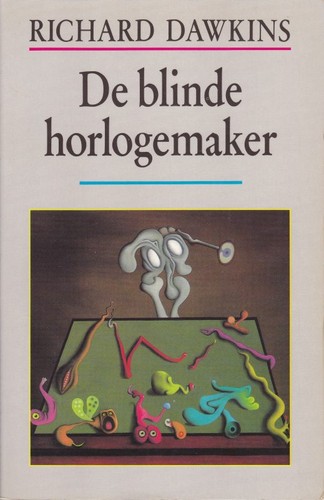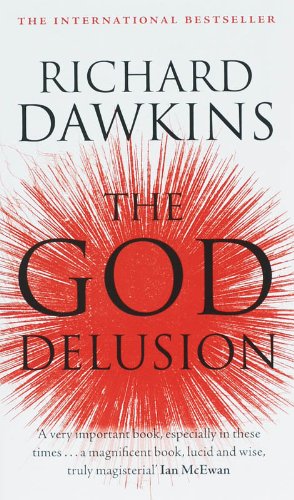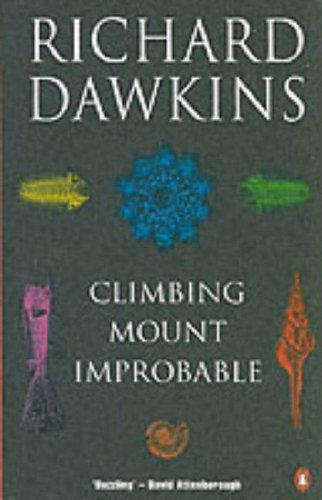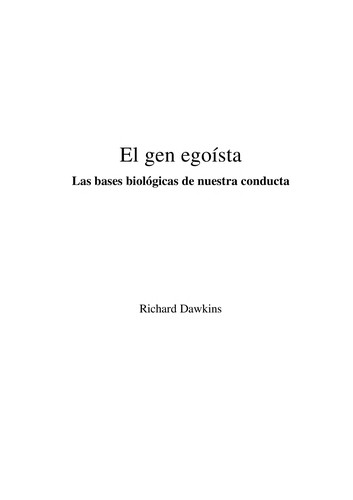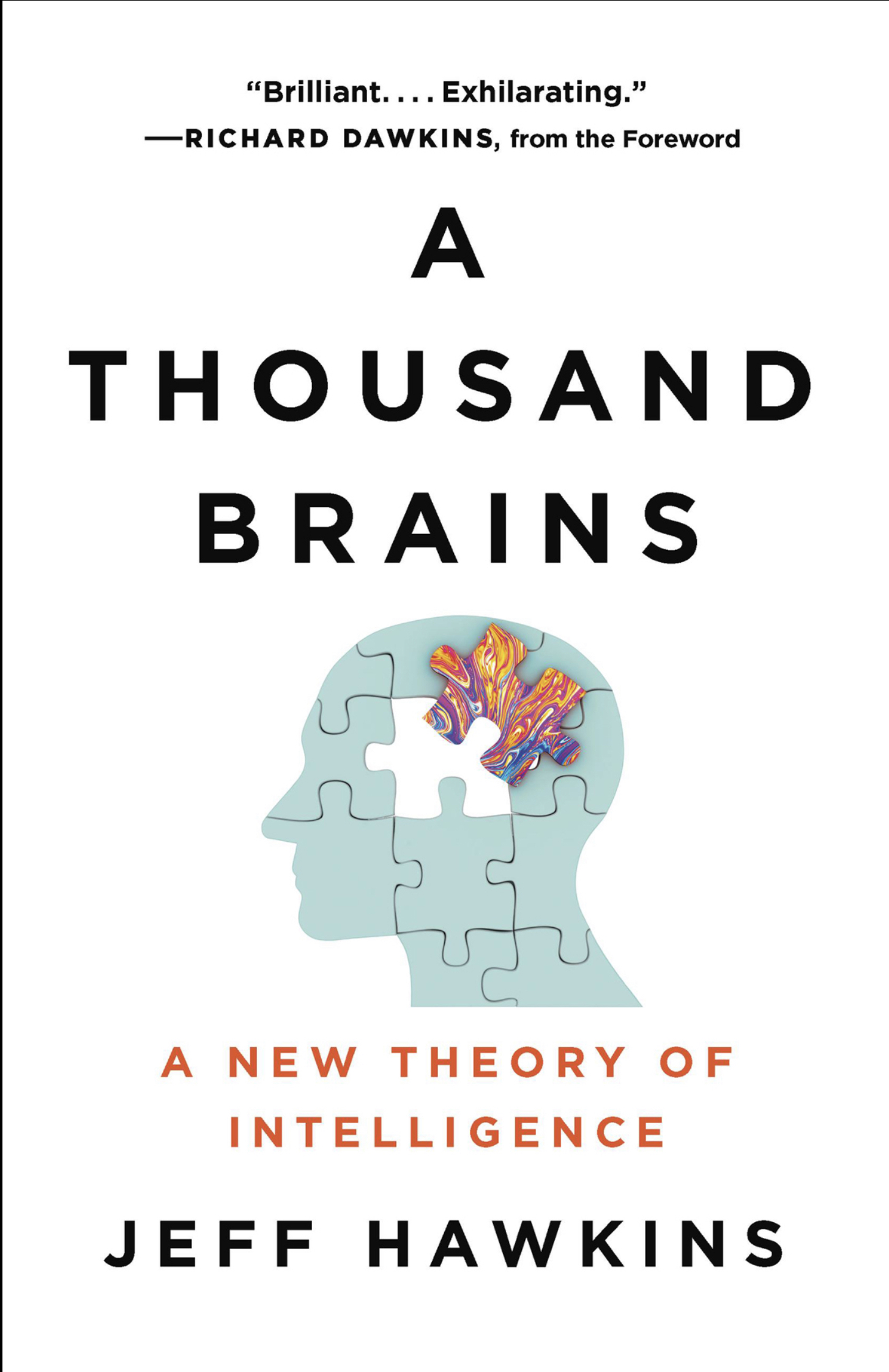Richard Dawkins (born 26 March 1941) is a British evolutionary biologist and author. He is an emeritus fellow of New College, Oxford and was Professor for Public Understanding of Science in the University of Oxford from 1995 to 2008. An atheist, he is well known for his criticism of creationism and intelligent design.Dawkins first came to prominence with his 1976 book The Selfish Gene, which popularised the gene-centred view of evolution and introduced the term meme. With his book The Extended Phenotype (1982), he introduced into evolutionary biology the influential concept that the phenotypic effects of a gene are not necessarily limited to an organism's body, but can stretch far into the environment, for example, when a beaver builds a dam. His 2004 The Ancestor's Tale set out to make understanding evolution simple for the general public, by tracing common ancestors back from humans to the origins of life. Over time, numerous religious people challenged the science of evolution during Dawkins's lectures, and in print. In response, Dawkins wrote The Blind Watchmaker in 1986, arguing against the watchmaker analogy, an argument for the existence of a supernatural creator based upon the complexity of living organisms. Instead, he describes evolutionary processes …
Richard Dawkins
Información sobre le autore
- Fecha de nacimiento:
- 26 de marzo de 1941
Enlaces externos
Richard Dawkins (born 26 March 1941) is a British evolutionary biologist and author. He is an emeritus fellow of New College, Oxford and was Professor for Public Understanding of Science in the University of Oxford from 1995 to 2008. An atheist, he is well known for his criticism of creationism and intelligent design.Dawkins first came to prominence with his 1976 book The Selfish Gene, which popularised the gene-centred view of evolution and introduced the term meme. With his book The Extended Phenotype (1982), he introduced into evolutionary biology the influential concept that the phenotypic effects of a gene are not necessarily limited to an organism's body, but can stretch far into the environment, for example, when a beaver builds a dam. His 2004 The Ancestor's Tale set out to make understanding evolution simple for the general public, by tracing common ancestors back from humans to the origins of life. Over time, numerous religious people challenged the science of evolution during Dawkins's lectures, and in print. In response, Dawkins wrote The Blind Watchmaker in 1986, arguing against the watchmaker analogy, an argument for the existence of a supernatural creator based upon the complexity of living organisms. Instead, he describes evolutionary processes as analogous to a blind watchmaker, in that reproduction, mutation, and selection are unguided by any sentient designer. The debate intensified, and Dawkins's atheist stances grew to attract significant controversy and antagonism. In 2006, Dawkins founded the Richard Dawkins Foundation for Reason and Science, and published The God Delusion, contending that a supernatural creator almost certainly does not exist and that religious faith is a delusion. In 2011 he co-founded The Clergy Project.Dawkins has won academic and writing awards, and he makes television, radio, and internet appearances, predominantly discussing his books, atheism, and his ideas and opinions as a public intellectual.

